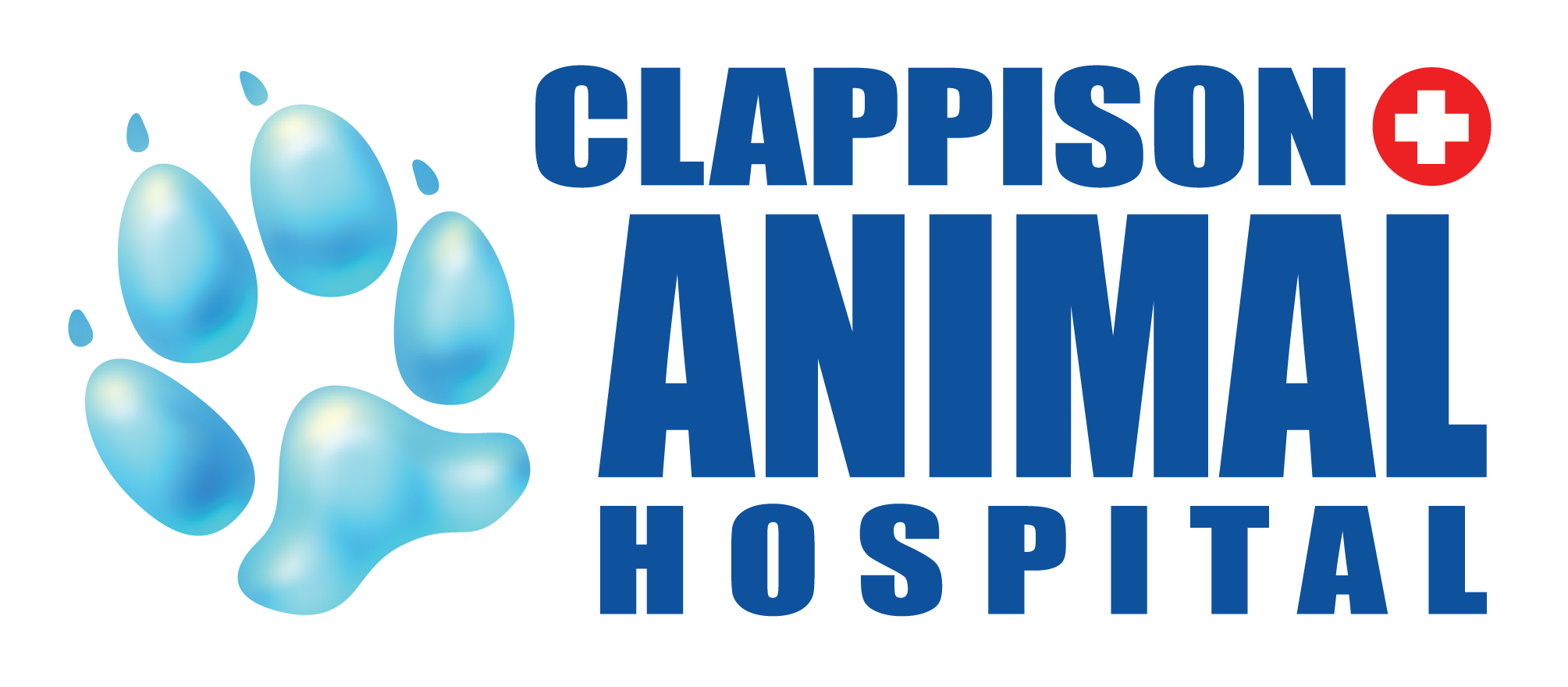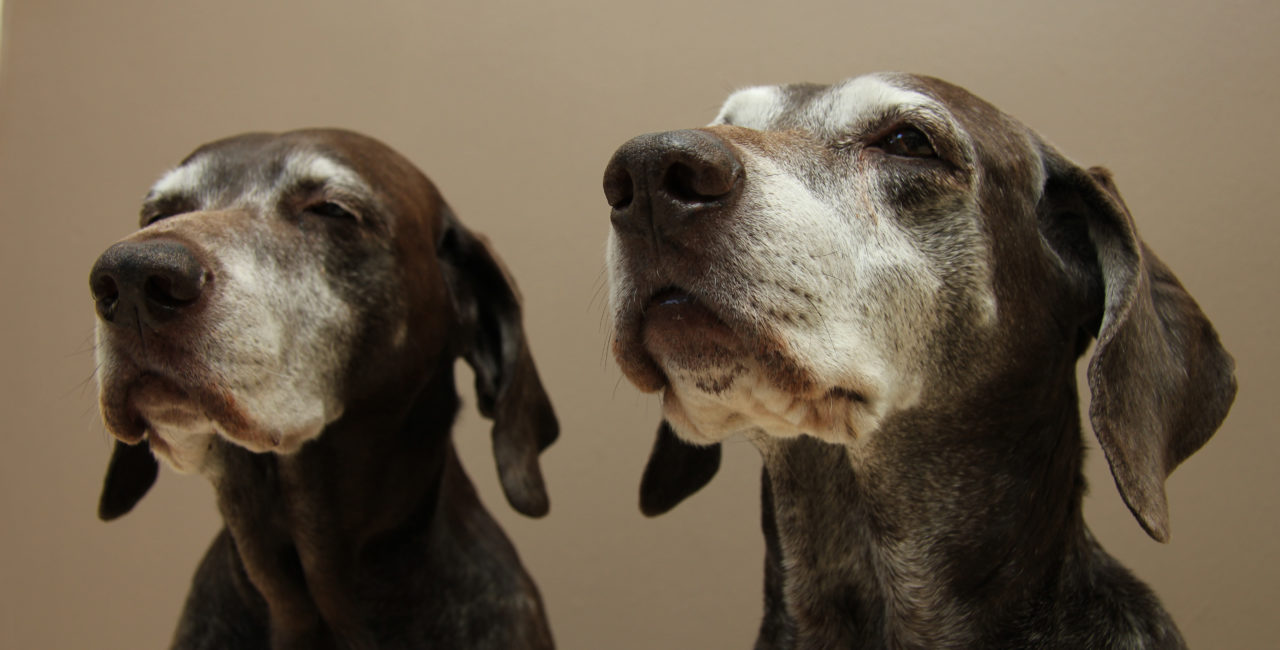It’s Senior Awareness Month at Clappison Animal Hospital! It’s easy to focus on veterinary care if your pet is sick but what about the annual “maintenance”? For older pets the annual visit becomes very important as it can help us catch disease early.
Dogs and cats have a shorter life span when compared to humans- this is where the, “for every year a human ages, dogs age by 7 years” comes from. Although the math is a little different, the same rings true for cats. For this reason, it is important to start paying attention to different behaviours as our pets age and it is equally important to get them in for their annual exam, even if vaccines are not due that year. For example:
1) Watch for changes in mobility. Senior pets may start to show their age by taking longer to get up in the morning, or showing a decline in activity level. Older cats and dogs suffer from arthritis just like people do. Although they may not be limping, arthritis is painful and there are ways we can help treat for pain and ease the progression of disease.
2) Watch for changes in weight- gain OR loss. Weight gain can be seen with diseases associated with older dogs such as hypothyroidism and Cushing’s disease. The opposite tends to occur with cats. Cats can suffer from weight loss associated with diseases such as hyperthyroidism or kidney disease. If you are noticing weigh changes in your pet, this is significant. After all, a weight loss of 3lbs in a 12lb cat equates to a 25% loss in body weight. That is the same as a 150lb person losing 37.5lbs!
3) Watch for changes in eating habits. This tends to go hand in hand with weight loss but we need to consider dental health. A pet with severe dental disease can suffer from decreased appetite and weight loss because it simply hurts too much to eat.
4) Watch for changes in behavioural patterns. Just like people, senior pets can lose thought function as they age. They can suffer from things like dementia just like people. This can manifest as changes in normal behaviours such as a well housetrained dog starting to have accidents in the house; a cat no longer sleeping in his or her regular sleeping spot, or a dog changing their sleeping pattern so that he or she sleeps all day and is awake all night. Believe it or not, there are nutritional and medicinal supplements that can help slow the brain aging process. So please remember, behavioural questions and concerns are just as important as medical concerns when speaking with your veterinarian.
It is important to keep in mind that age isn’t a disease when it comes to your furry friend. However, increased age does make your pet more pre-disposed to develop illness associated with the aging process. The annual physical exam is important in helping maintain your pet’s health and quality of life. Veterinarians may recommend annual bloodwork and urine testing to help complete your pet’s full medical picture. These tests in conjunction with the physical exam allows us to take a good look at internal organ function. After all, the four signs above are by no means the only changes we see in senior pets.
If you have any questions about your senior pet, or helping your pet age in a dignified and comfortable manner, please contact your veterinarian.




